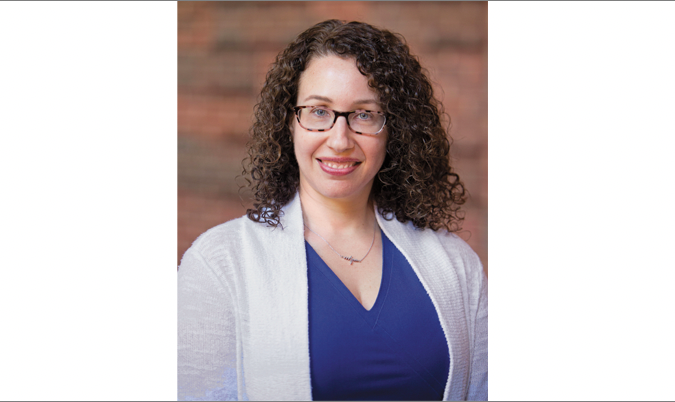The Future of Trademarks in a Global Multilingual Economy
Event: Trinity Long Room Hub (Neill Theatre)
Tuesday 15 November, 14.00 - 15.30
Event registration can be completed here
The many national and regional trademark systems of the world are progressively integrating into a de facto global trademark system as firms increasingly adopt global branding strategies. Global integration presents significant challenges for trademark law and policy. Businesses around the world are facing mounting difficulties finding brand names that will be effective throughout the global marketplace, including in every one of its many languages, but that have not yet been claimed by another entity somewhere in that marketplace. The result is rising barriers to entry, incomplete market integration, and escalating consumer search costs. To explore the scope of this problem and possible responses to it, NYU Law Professor Jeanne Fromer will present an empirical study of trademark depletion (co-authored with NYU's Prof Barton Beebe) in a microcosm of the global multilingual trademark system: the European Union trademark system.
Professors Fromer and Beebe use recently released data from the European Union Intellectual Property Office (EUIPO) and multiple other datasets to systematically study all 1.9 million trademark applications filed at the EUIPO from 1996 through 2018. They show that levels of trademark depletion in the European Union exceed even those in the United States. Very high proportions of the most frequently used words in the five major European languages—English, German, French, Italian, and Spanish—are already claimed as trademarks. They demonstrate how this condition is exacerbated by what they call the “reverse Babel problem” in multilingual trademark systems, in which the registration of a word mark in one language may effectively block registrations of translationally- equivalent words in multiple other languages. They further reveal that the EU trademark system is coping with the problem of trademark depletion by permitting worsening levels of trademark crowding, in which increasing numbers of closely-similar, if not confusingly- similar, marks are allowed to coexist in the marketplace. Based on the EU example and certain policies that the authors think contribute to trademark depletion and crowding, they set forth legal reforms that may help trademark systems around the world, including the U.S. system, to manage what may prove to be among the most intractable problems they may face this century.
About
Professor Jeanne Fromer is Vice Dean and Walter J. Derenberg Professor of Intellectual Property Law at NYU School of Law. She specializes in copyright, patent, trademark, trade secret, and design protection laws. She is a faculty co-director of the Engelberg Center on Innovation Law & Policy. Fromer is the co-author, with Chris Sprigman, of a free copyright textbook, Copyright Law: Cases and Materials, which is in use at over 60 law schools around the world. In 2011, she was awarded the American Law Institute’s inaugural Young Scholars Medal for her scholarship in intellectual property. Before coming to NYU, Fromer served as a law clerk to Justice David H. Souter of the US Supreme Court and to Judge Robert D. Sack of the US Court of Appeals for the Second Circuit. She also worked at Hale and Dorr (now WilmerHale) in the area of intellectual property.
Fromer received her JD magna cum laude from Harvard Law School, serving as articles and commentaries editor of the Harvard Law Review and as editor of the Harvard Journal of Law and Technology. Fromer earned her BA summa cum laude in computer science from Barnard College, Columbia University. She received her SM in electrical engineering and computer science from the Massachusetts Institute of Technology for research work in artificial intelligence and computational linguistics and worked at AT&T (Bell) Laboratories in those same areas. Fromer was a visiting professor at Harvard Law School and Stanford Law School, and she also previously taught at Fordham Law School.


